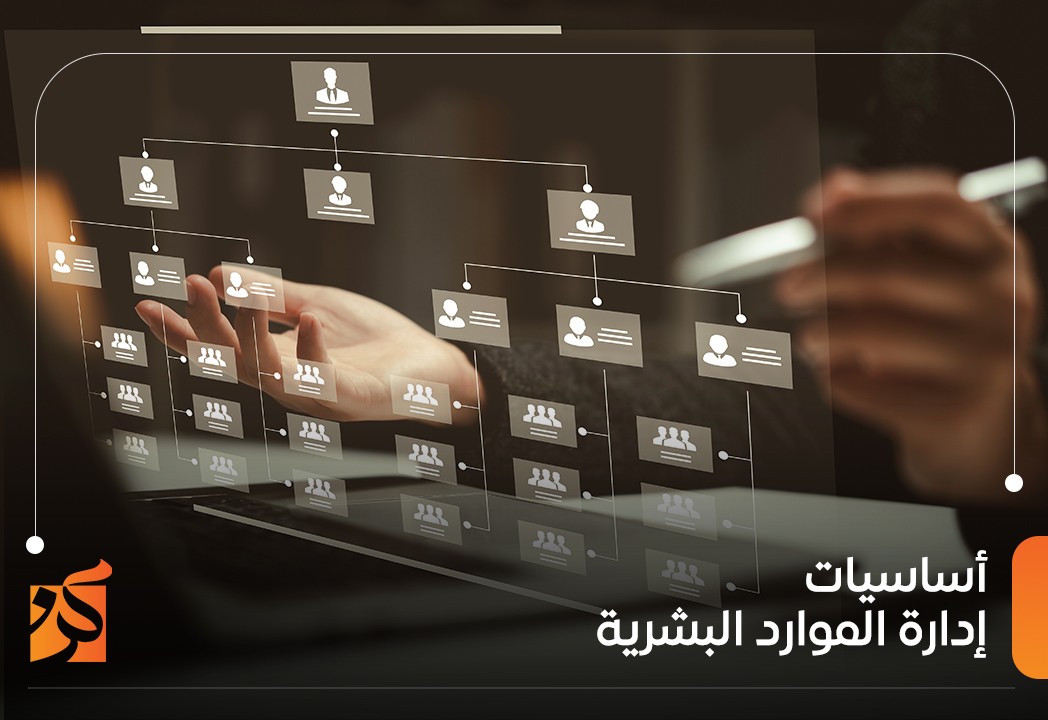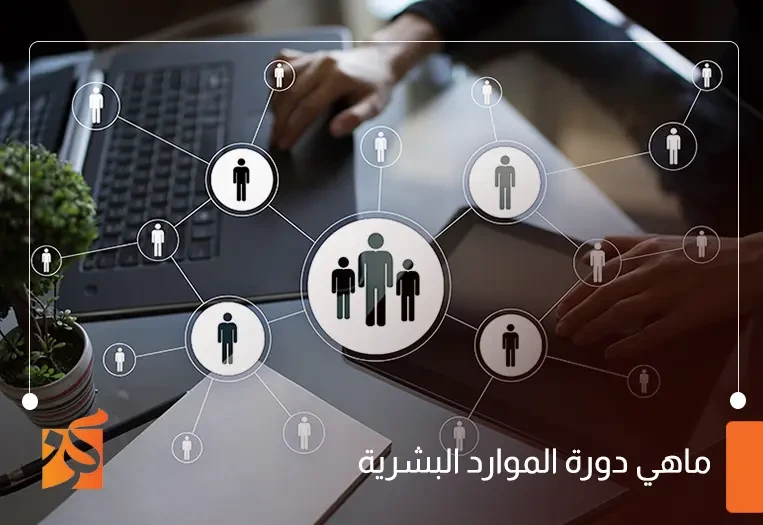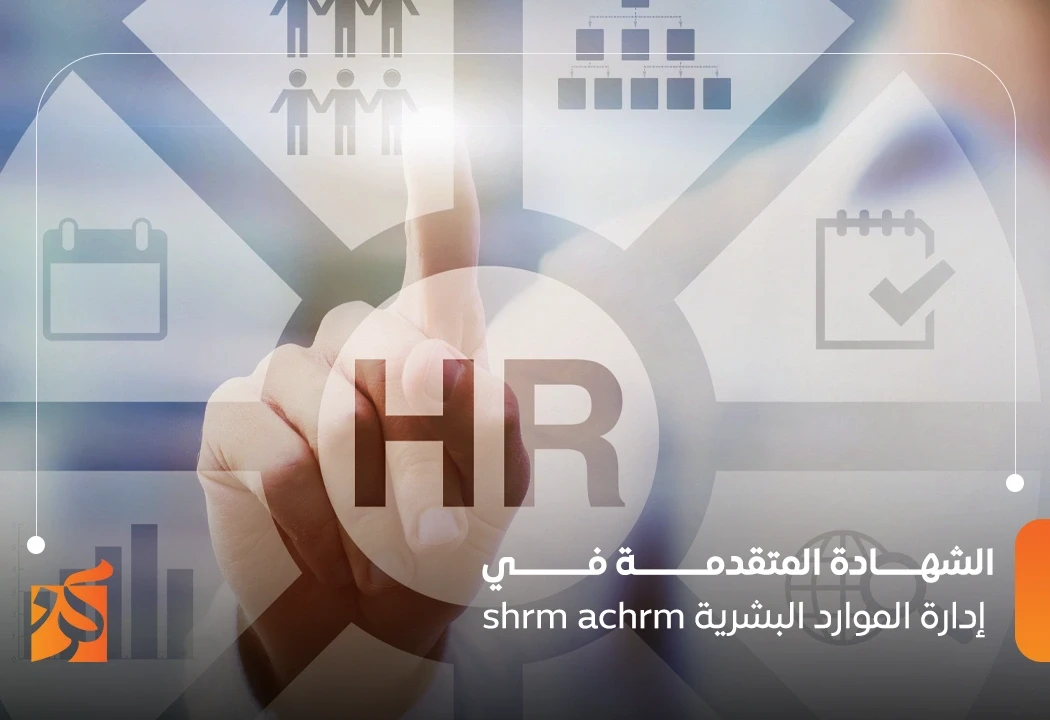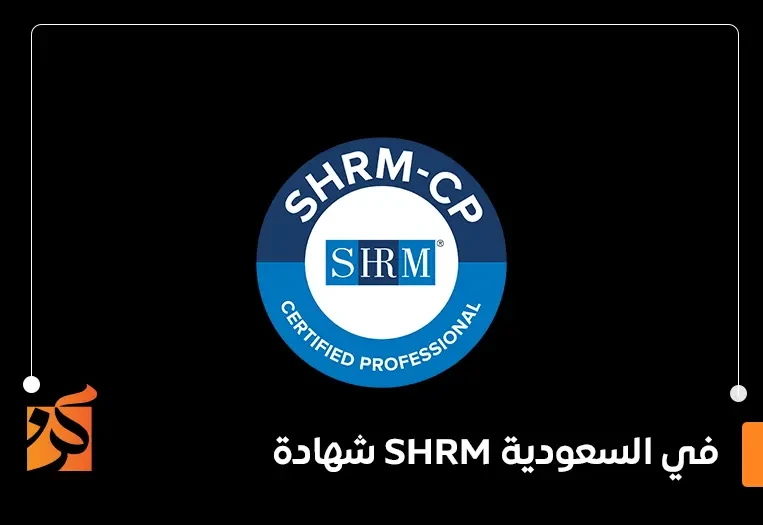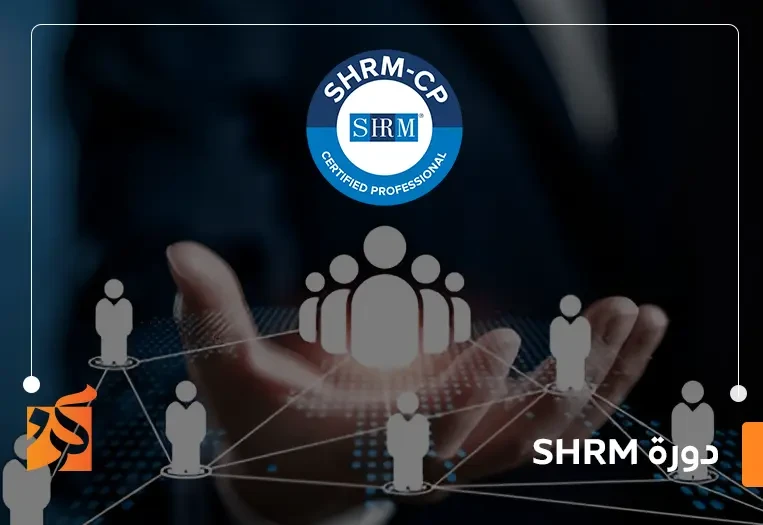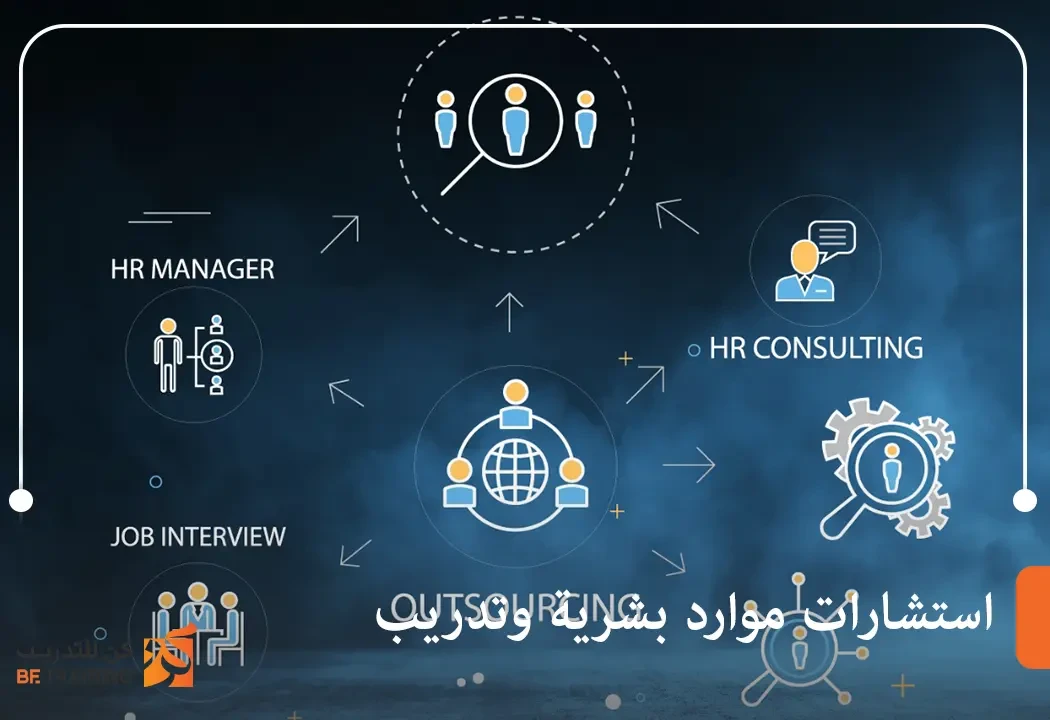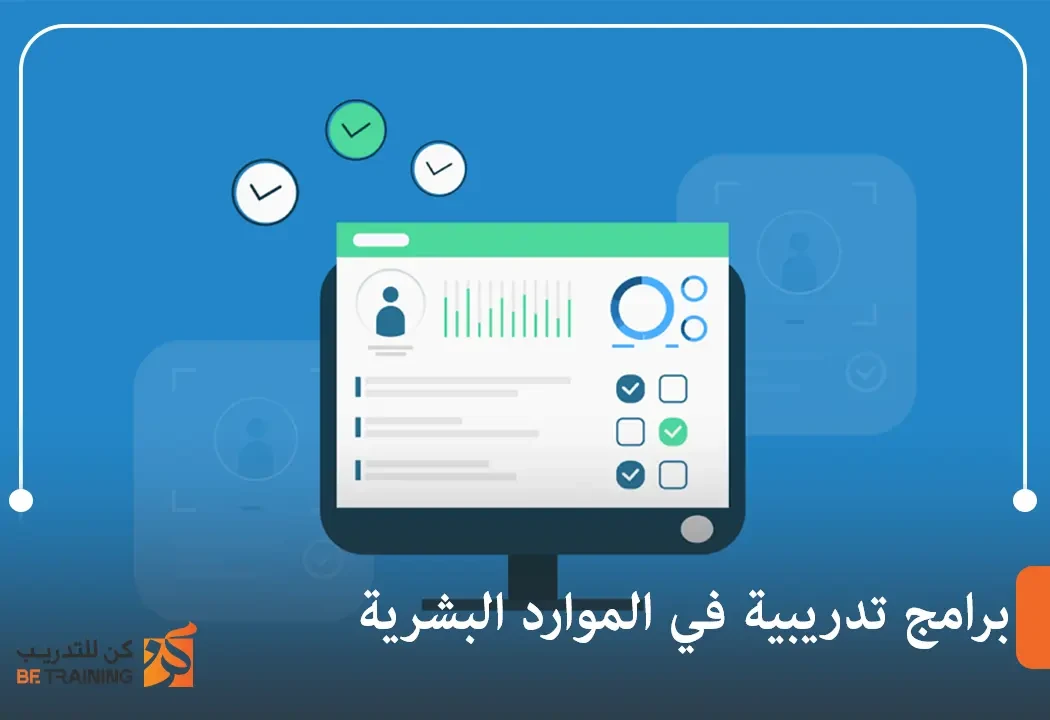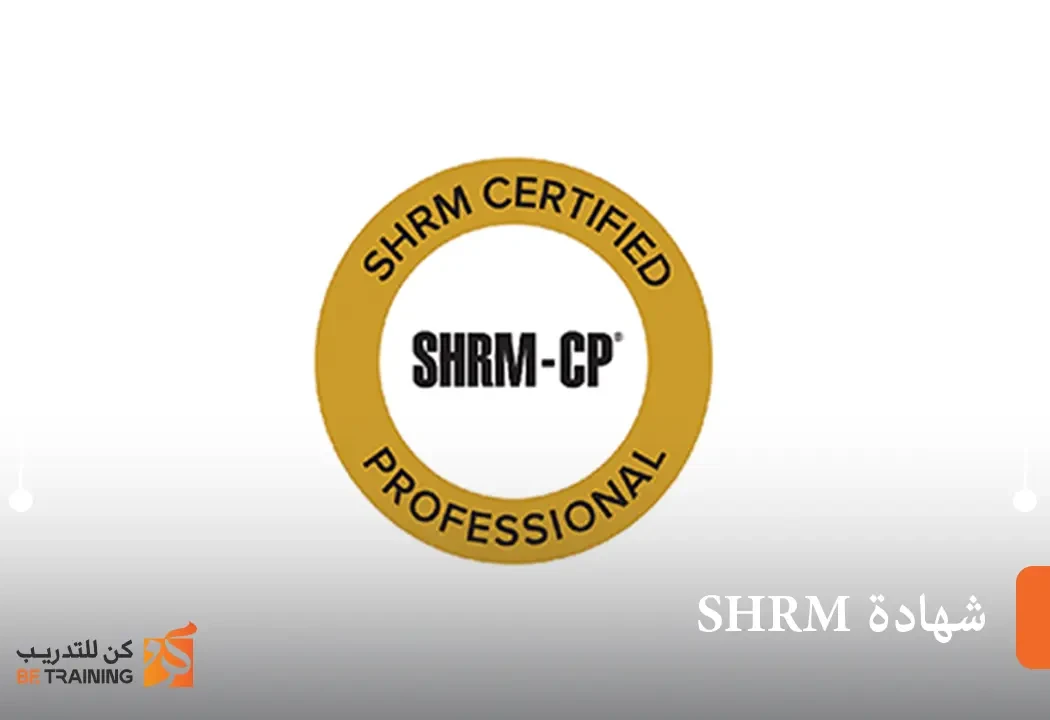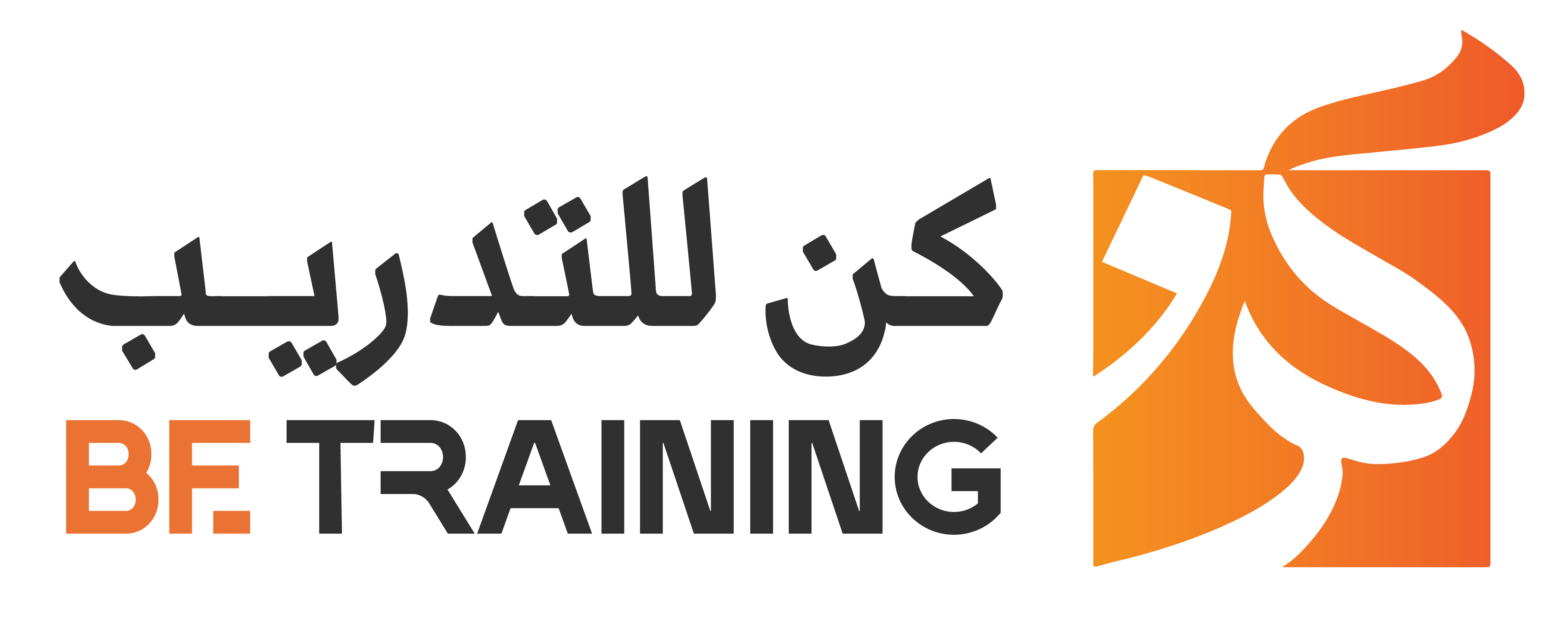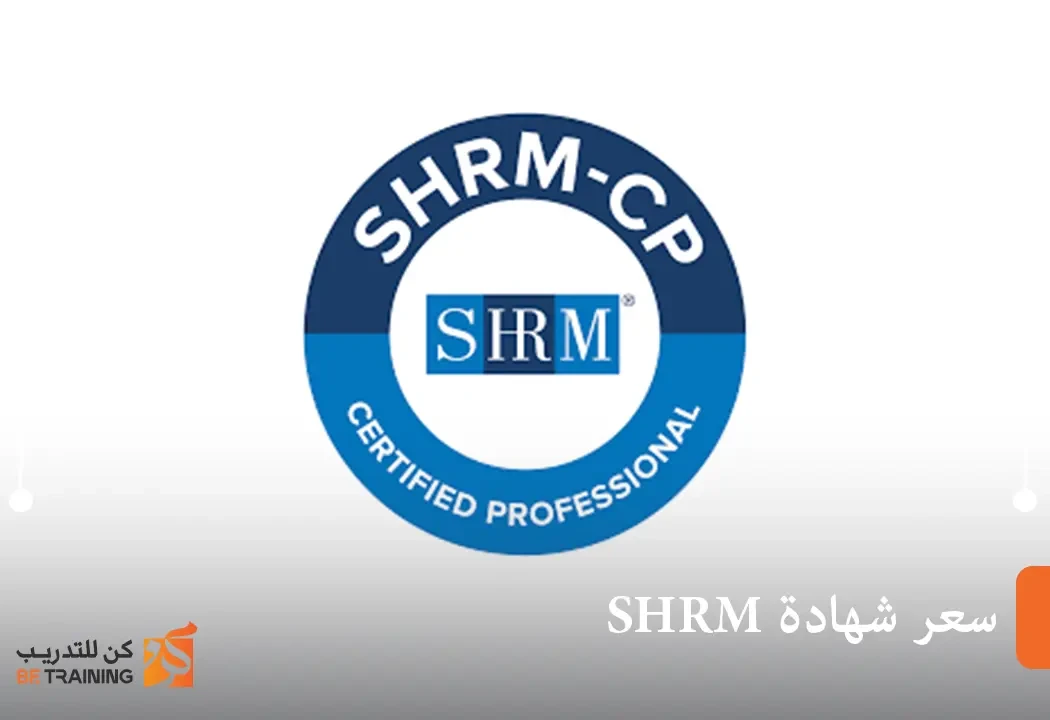
Are you looNEW_VALUEg to enhance your career path and gain practical skills in human resource management? If the answer is yes, obtaining a Human Resources diploma after your bachelor's degree is a smart move that equips you with the tools and experience necessary for success in the job market. In this article, we will discuss the importance of this diploma, its key benefits, the skills you can acquire, and the job opportunities available after completion. Keep reading until the end. Best Human Resources Diploma After Bachelor’s Degree Pursuing a Human Resources diploma after your bachelor’s degree is a practical option for those looNEW_VALUEg to boost their career. It allows you to: Study up-to-date curricula that cover the latest human resource management strategies, ensuring you're ready for the job market. Gain hands-on, practical training that provides real-world experience, directly applicable in your work environment. Access broader job opportunities by gaining a competitive edge whether you're looNEW_VALUEg for a new job or aiming for a promotion. Enjoy flexible learning options that cater to various groups, whether you're an employee or a recent graduate. Benefits of a Human Resources Diploma After Bachelor's Degree If you're aiming to develop your skills in human resource management or wish to build a strong career future, this diploma offers numerous advantages, including: Development of practical skills that enable you to perform your job efficiently. Keeping up with modern trends in recruitment, performance evaluation, and employee motivation. An opportunity to gain hands-on experience that makes entering the workforce easier and more professional. Enhancing your career path and increasing your chances of promotion to leadership positions. Human Resources Diploma Curriculum After Bachelor’s Degree The diploma covers a variety of core subjects that prepare you for success in the field, including: Employee management, including recruitment, staffing, and performance evaluation. Understanding labor laws and regulations. Developing training and development strategies. Applying evaluation and motivation techniques to improve performance. Strategic planning and aligning it with the organization's goals. Using data analysis tools for decision-maNEW_VALUEg. Jobs for Human Resources Diploma Holders Those who complete this diploma have various job opportunities in organizations and companies, such as: HR Specialist, responsible for managing policies, procedures, and recruitment. HR Assistant, supporting the team with daily tasks. HR Supervisor, monitoring policy implementation and overseeing the team. Recruitment Specialist, focusing on sourcing candidates and conducting interviews. Skills Acquired During the Human Resources Diploma The Human Resources diploma is an ideal opportunity to gain practical experience and modern knowledge that prepares students to excel in the job market. Through this program, students will learn how to: Attract talent efficiently. Manage recruitment processes professionally. Understand laws and regulations governing labor relations. Develop strategic plans linNEW_VALUEg human resource goals to organizational objectives. Master performance evaluation and employee motivation techniques. Gain experience in data analysis and maNEW_VALUEg effective management decisions. In summary, the diploma equips you with comprehensive skills, combining both theoretical knowledge and practical application, maNEW_VALUEg you well-prepared to face professional challenges efficiently. Why is the Human Resources Diploma Important After Graduation? Enrolling in a Human Resources diploma after graduation is an essential step in building a successful career. Organizations are increasingly in need of specialists who can manage employee affairs professionally, maNEW_VALUEg this specialization highly sought after in the job market. The diploma also helps recent graduates bridge the gap between theoretical studies and real-world work requirements by providing in-depth knowledge and immediately applicable skills. Furthermore, it enhances competitiveness when applying for jobs or seeNEW_VALUEg future promotions. Therefore, choosing a Human Resources diploma after graduation is a practical investment that boosts your chances of long-term professional success. Difference Between Human Resources Diploma and Short Training Courses Although both options aim to develop skills, there is a clear distinction between a Human Resources diploma and short courses. Diploma: A comprehensive program covering various topics such as recruitment, performance management, employee development, and strategic planning, providing a solid foundation. The diploma holds more weight in the job market and opens doors to diverse job opportunities. Short Courses: Focused on a specific aspect, such as interview skills or time management. The certificate from a short course adds value to your resume but doesn’t carry the same weight as a diploma. Thus, the Human Resources diploma offers a strong foundation for your career, while short courses are suitable for enhancing a specific skill or supporting a particular area. Tips for Choosing the Best Human Resources Diploma After Bachelor’s Degree Choosing the right Human Resources diploma program is a critical step to effectively develop your career. MaNEW_VALUEg the right decision involves carefully evaluating your professional goals and educational needs before enrolling. Here are some tips: Determine if you're looNEW_VALUEg to enhance your management skills, specialize in recruitment, or develop leadership in HR, as this will help you select the right program. Check if the curriculum is comprehensive and covers essential topics like performance management, strategic planning, training and development, and employee management. Choose a program that fits your personal and professional schedule, especially if you're employed or a recent graduate, with flexible study options like online learning if necessary. Ensure that the diploma is recognized in the job market and will enhance your job prospects. Look for programs that have expert trainers with practical HR experience, adding significant value to your learning experience. Review feedback from former graduates to get a clear idea of the program’s quality and practical benefits. Following these tips ensures you select a well-rounded Human Resources diploma program that meets your professional goals and equips you with the practical skills needed to succeed in the job market with confidence and competence. In conclusion, choosing a Human Resources diploma after your bachelor’s degree is a real investment in your career future, providing you with the knowledge and skills that open doors to distinction and success.




